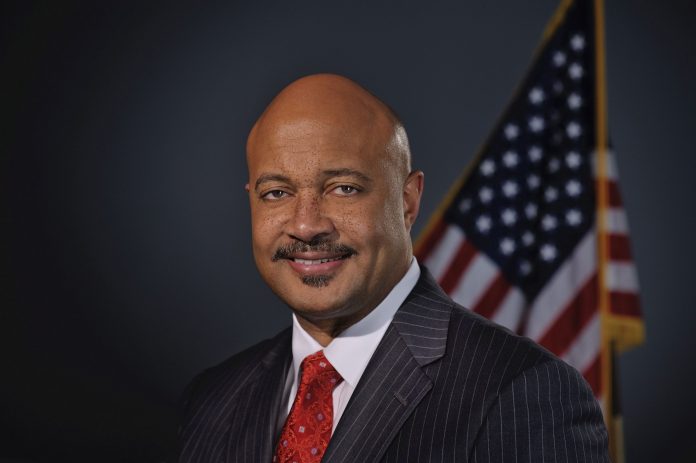AG Curtis Hill Calls Decision A Victory For State Self-Government
The U.S. Court of Appeals for the Seventh Circuit on Monday vacated a consent decree contested by Attorney General Curtis Hill because it resulted from a federal district court’s encroachment upon the rightful authority of the State of Indiana.
On July 10, 2018, a federal district court entered a consent decree under which the Marion County Election Board agreed to establish five inâ€person early voting satellite offices for the 2018 general election and thereafter a minimum of two satellite offices for primary elections and five satellite offices for general and municipal elections.
The consent decree followed a lawsuit alleging that the board violated federal law when it did not unanimously approve any satellite offices for early voting over the course of several consecutive elections. The plaintiffs alleged that the lack of satellite voting burdened voters’ rights.
While strongly supporting the operation of satellite early-vote centers, Attorney General Hill argued that the federal court was wrong to override Indiana state law – which required a unanimous vote by county election boards to establish satellite centers for early voting. And since no party in the case was willing to defend Indiana’s statutes, the Attorney General assumed responsibility for doing so.
After the court approved the consent decree, and while the case was already on appeal, the Marion County Election Board replaced its traditional precinctâ€voting requirements with a vote-center plan (under which residents can vote anywhere in the county) that provided for even more early voting sites than the consent decree required. Critically, this plan resulted from the unanimous vote of the board as required by state statute rather than from a federal district court’s edict.
Still, the district court said it would not vacate the consent decree, so Attorney General Hill pressed the state’s appeal. On June 3, the Seventh Circuit ruled that the consent decree should, indeed, be vacated.
“From the very beginning of this case, we have agreed wholeheartedly that we must as a matter of civic duty ensure that as many people as possible are able to participate in free and fair elections,†Attorney General Hill said. “At the same time, we must safeguard the proper balance between state and federal authority. To this end, we are certainly pleased the court of appeals has vacated a consent decree through which a federal court improperly sought to override state authority.â€





